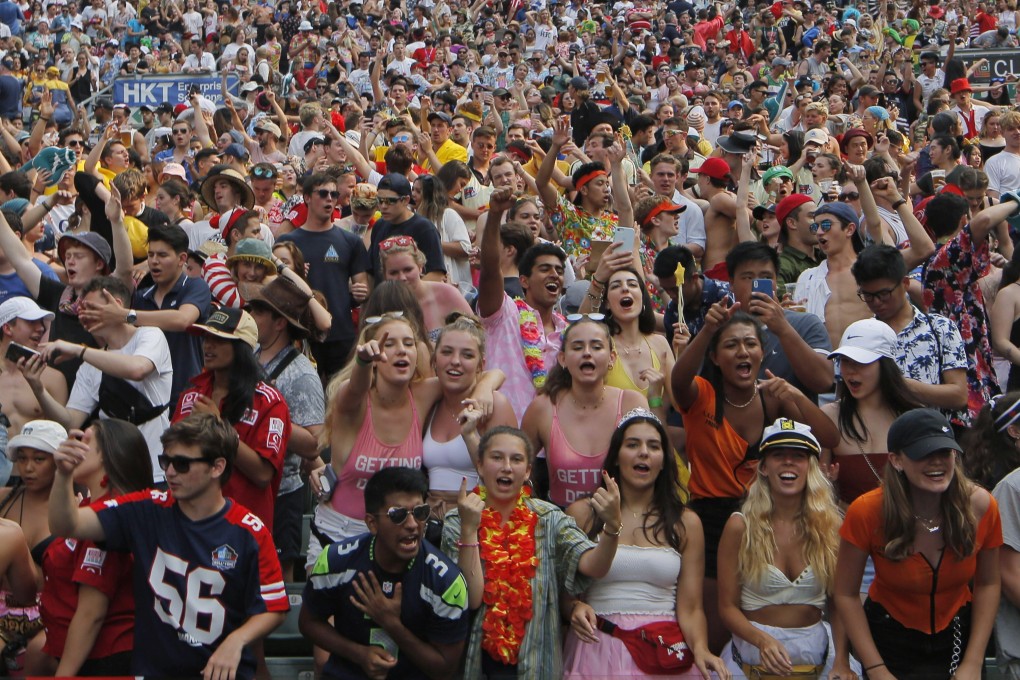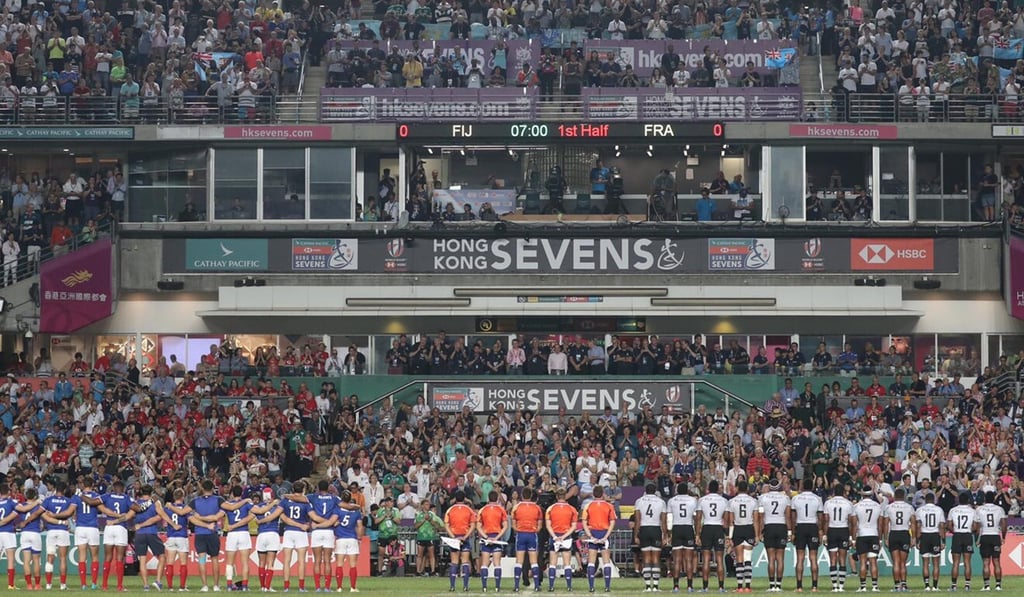Advertisement
Hong Kong Sevens cancellation leads to HK$151 million loss, but HKRU says it has reserves to weather Covid-19 storm
- Chief executive Robbie McRobbie says ‘fragility’ of its commercial model exposed as the Sevens accounts for 95 per cent of revenue
- The union has another year of reserves left and is confident the 2021 Sevens will go ahead, although they are making contingency plans
Reading Time:4 minutes
Why you can trust SCMP

The Hong Kong Rugby Union has suffered a “significant” financial setback of more than HK$150 million after a year ridden with Covid-19-related postponements and cancellations, it revealed at its annual general meeting on Thursday.
Advertisement
The organisation announced an operating loss of HK$151.7 million in the financial year ending April 30, 2020, a stark difference to its loss of HK$6.6 million in 2019. The overwhelming contributor to the unprecedented numbers was the postponement of the marquee Hong Kong Sevens in April and cancellation of the rescheduled October edition because of the global pandemic.
“We have announced a loss for the 2019/20 year of HK$150 million. Clearly that is a significant number and – for an organisation that has traditionally done very well financially – is a very significant change for us,” said HKRU chief executive Robbie McRobbie, who had said the Hong Kong Sevens accounted for around 95 per cent of its annual revenue.
McRobbie acknowledged it was a hefty financial blow but reassured the local rugby community that they would see the 45th Hong Kong Sevens in April 2-4 next year.

Advertisement
“The HK$150 million really represents the losses incurred through the cancellation of the Sevens and also Global Rapid Rugby, which was not completely cancelled as we had one round. Those were major contributing factors,” said McRobbie, who previously explained the union had “planned for every contingency” and budgeted accordingly.

Advertisement